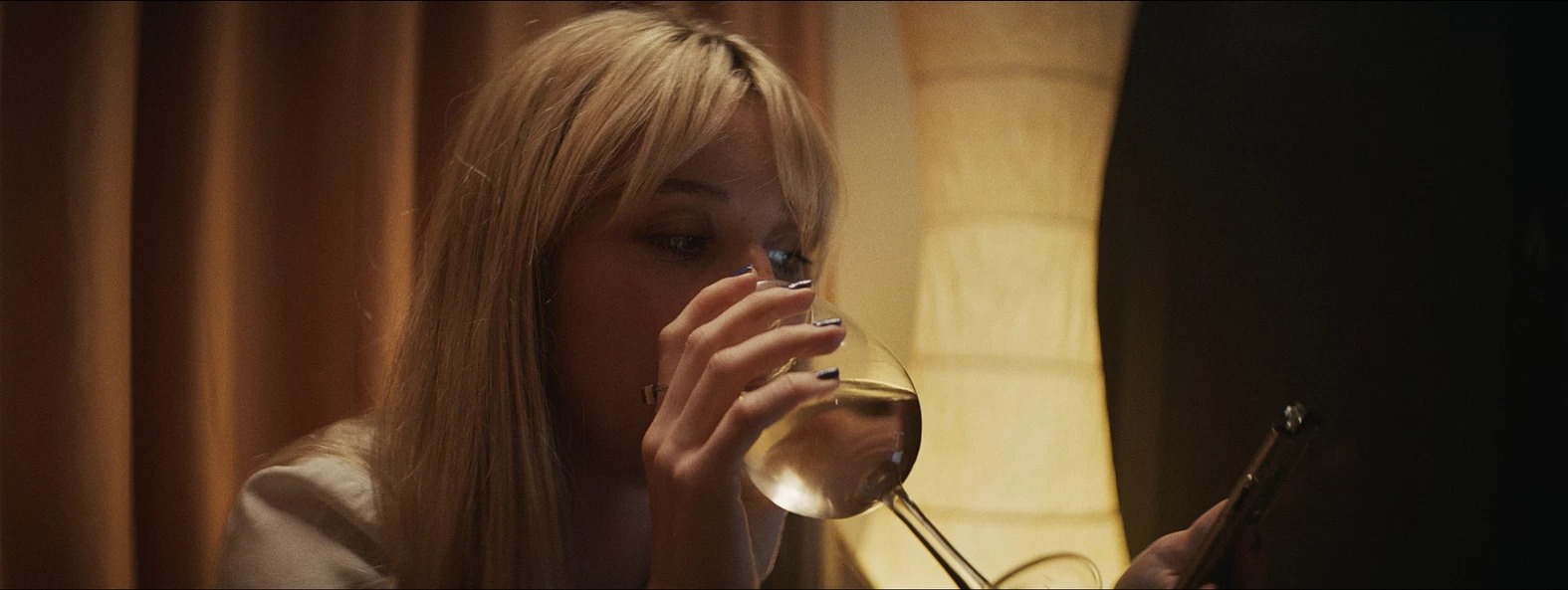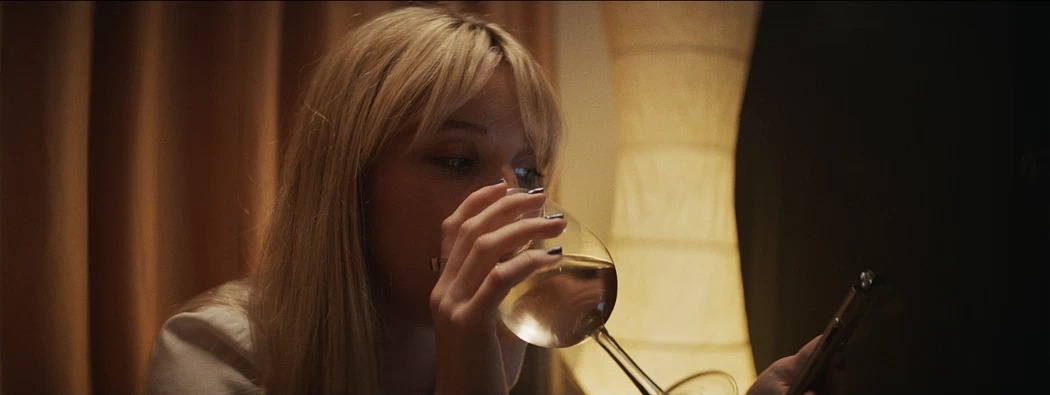For many, December is the final debauched hurdle of the year. You’ve almost made it through, so why not celebrate? It’s hard not to when offers of Christmas drinks, work parties with free bars, hangovers and hair of the dogs seem to be endless. And that’s all before the final blowout of Christmas Day and New Year, where you can have champagne for breakfast and all bets are off. After all this, everyone needs a break.
Enter Dry January: the ultimate retribution. The perfect opportunity to start the new year on a smug foot, and swap all of December’s mistakes for steps to becoming the new you. You can spend Saturday mornings starting a trial at a hot yoga studio instead of desperately searching for the paracetamol. You can rediscover the simple things like reading a book or actually having a meaningful conversation instead of sorting out what we’ll do about Brexit with a table full of acquaintances at 6am. You’ll discover that people barely notice your drinking a lime and soda and not a gin and tonic. You’ll feel the sweet sigh of relief when you wake up with your phone in one piece, not having to panic delete the Instagram story you posted of yourself miming to Magic FM in the Uber home that has already been viewed by 76 people. You’ll save money, on Ubers and double vodkas and late night Maccies and emergency Pret toasties on the way to work. You’ll work harder, sleep better and you’ll never have to down a pink lemonade Lucozade in public again. The hours you gain, the shame you don’t feel, the way your brain feels clearer, the amount of times you can smugly tell people that, shock horror, you’re not hungover. This is the #newyearnewyou.
But what happens on February 1st?
According to a YouGov poll, 4.2 million people have signed up to do Dry January this year. For me though, it has never really worked. I’ve either chosen not to bother, failed almost immediately or managed a slightly longer stretch that’s been bookended by enormous binges. Unfortunately, my experience is that periods of not drinking — even two years at one point — don’t actually change my relationship with alcohol and how destructive I find it. When I started again after nearly two years off, the plan was to only drink cocktails on special occasions — but only a couple of weeks later I was finding myself in exactly the kind of messes I had been sure I would avoid. I have committed to not drinking long term, but approaching it daily, rather than setting arbitrary time periods to stay sober for. For me, Dry January isn’t a healthy reinvention, but just another yo-yo diet that can for some do more harm than good. And I’m not alone.

Angela, 21, who largely avoids alcohol due to alcoholism within her family, finds the idea of Dry January counterproductive. “I think making it the norm to not drink every Friday and Saturday would be far more beneficial than the ‘challenge’ of Dry January,” she tells i-D. “It just re-instills binge drink culture, because we spend January sober and depressed and so continue drinking too much in February. It just really goes back on itself.” This is part of the problem. Drinking is so embedded in our culture that these days you are even offered prosecco at the hairdressers and everyone on dating apps seems to mention ‘gin’ like it’s part of their personality. Binge drinking rates in the UK are among the worst in the world, and while 16-24 year olds generally drink less than other generations, they are more likely to hit it harder on a single session than all other ages.
The recommended weekly allowance is 14 units of alcohol — a medium glass of wine or one pint per day. Hardly anything, right? But the health risks still exist. There are a lot of stereotypes around alcoholism, and many people assume that if they aren’t drinking around the clock or in the morning, they’re safe. Not so: according to charity Drinkaware, if you have one or two heavy drinking episodes a week you increase your chances of developing a range of cancers including breast, throat and mouth. Having said this, I often didn’t think anything of virtually doubling my weekly allowance in just one unmemorable night, and I know I am not alone; for many of us, the heavy sesh is as normal as a cup of tea. Judith*, a 20-year-old student agrees. “In a social situation it is easy to be persuaded, and once I’m drunk, I don’t know my limits,” she says. “It scares the shit out of me, but I do it anyway.”
Alcohol Change UK, the charity behind Dry January, states that according to a survey run by the University of Sussex, people who drank more riskily before Dry January saw bigger decreases in the amount and regularity of their drinking — which is great. However, Dry January can also be complicated for people who have issues around alcohol. Managing to white knuckle through simply allowed Hugh, 25, to justify periods of binging. After struggling with his relationship with alcohol, he has taken year round steps to moderate his drinking. “There’s something a little bit naive about trying to hashtag away your dependency on a life destroying substance”, he says. Heather Hayes, a counsellor and interventionist with expertise in addiction disorders in adolescents and young people, agrees that the periods between binge use can in fact feed denial over problem drinking and substance dependence. She explains: “If you don’t have the disease of addiction, Dry January is a great idea, but if you have the disease, it doesn’t matter if it’s Dry Jan, dry march or dry June,’ she says.
There’s no doubt though that Dry January is a positive idea at heart, and Dr Richard Piper, Alcohol Change’s CEO, has a hopeful message: “The brilliant thing about Dry January is that it’s not really about January,” he tells i-D. “Being alcohol free for 31 days shows us that we don’t need alcohol to have fun, to relax, to socialise.” This was certainly the case for Zak, who found the experience of going sober completely rebalanced his relationship with alcohol for the better. “I was so happy to be able to drink and just have fun again, rather than drinking for the sake of it, or drinking to make myself feel worse,” he explains.
“I always hope that dry January will change my relationship with alcohol for the rest of the year. But it never works like that, and I always feel as if I am only delaying my inevitable return to my bad old habits.
With the best intentions though, learning from the changes you have made is often easier said than done. Mike, 29, says, “I always hope that dry January will change my relationship with alcohol for the rest of the year, because I’ve taught myself I can just go to the cinema on a Friday, or go to the pub and drink Diet Cokes. So why not save alcohol for special occasions, like once a month, or just have two or three drinks on a night out? But it never works like that, and I always feel as if I am only delaying my inevitable return to my bad old habits.”
Of course Dry January can be a good place to start, but with heavy drinking normalised for the rest of the year, it can be difficult for it to make the impact it desperately needs to. While it’s clear that the prevalence for Dry January is a sign our binge drinking culture is heading in the right — healthier direction — it’s increasingly obvious that our collective attitude to drinking needs addressing for more than just one month.
Some of the names in this article have been changed.

